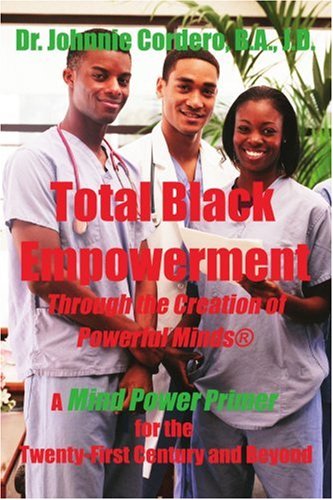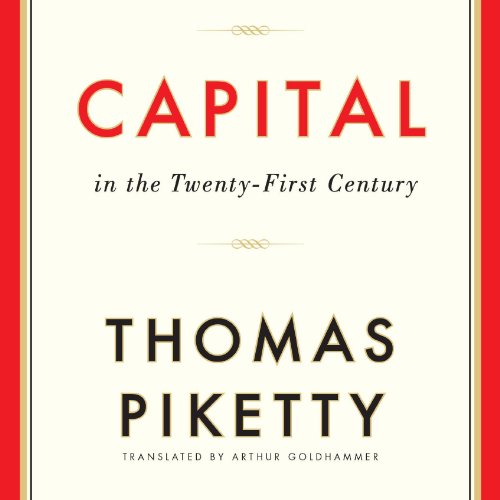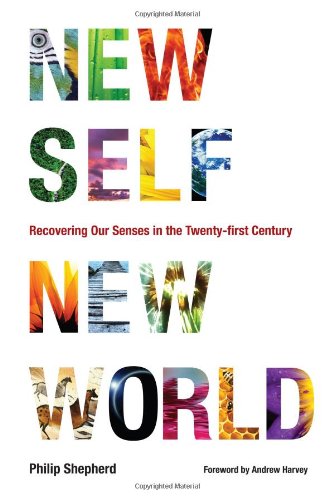
We are a people in search of answers. In our search for answers we have consulted everyone but our ancient ancestors. The result is that we have unwittingly become mental slaves to a host of deceptions designed to insure our continued second-class citizenship. Our ancestors warned that first and foremost we must control our thinking, if we do not, they said, someone else will. And so it is. This book is a mind power primer that will: Teach you the critical thinking techniques that made your ancestors the first world power. Introduce you to the wealth of ancient African knowledge known as Sacred Science.Show you how to utilize this knowledge to transform your mind into a generator of powerful, creative ideas that can transform your life.Help you to attain the true clarity of vision without which the people will perish.Teach you how to attain individual and collective power proportionality in America. This is the book that you have been waiting for. It may be the most important book you will ever read! Read it now.


